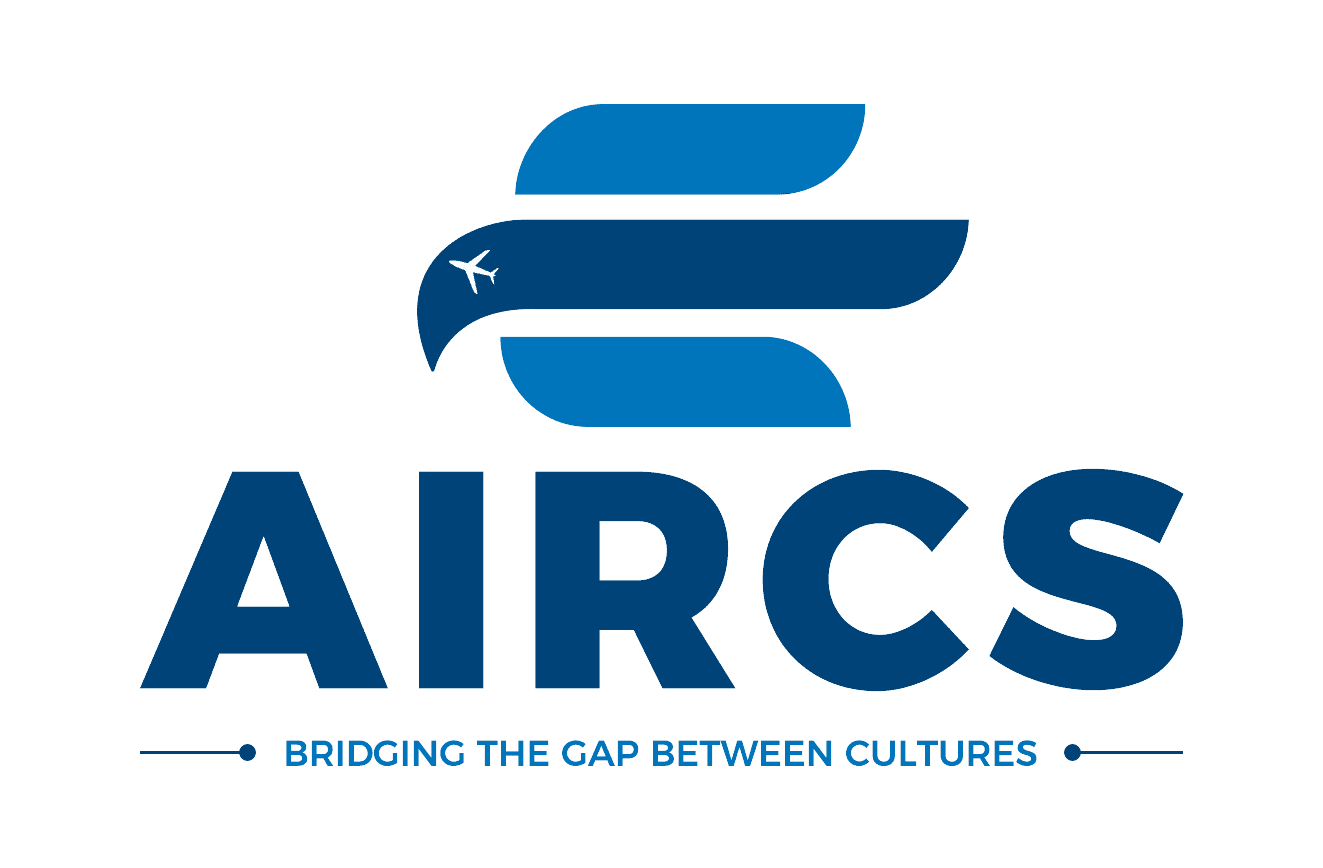Do’s and Don’ts When Applying for a Worldwide Visit Visa
Applying for a worldwide visit visa can be a daunting process, but understanding the essential do’s and don’ts can help streamline your application and increase your chances of success. Whether you’re planning a vacation, visiting family, or going on a business trip, here are some crucial guidelines to consider.
Do’s
1. Research the Visa Requirements
Before you begin your application, take the time to thoroughly research the visa requirements of the country you plan to visit. Each country has different regulations, documentation requirements, and application processes. Official government websites are the best sources for accurate information.
2. Prepare Your Documents Carefully
Compile all necessary documents ahead of time. Commonly required documents include:
- A valid passport (with at least six months of validity remaining).
- Completed visa application form.
- Passport-sized photographs that meet the specific guidelines.
- Proof of accommodation (hotel bookings or invitation letters).
- Financial statements or proof of sufficient funds.
- Travel itinerary.
Make sure that all documents are clear, complete, and properly formatted to avoid any unnecessary delays.
3. Be Honest in Your Application
When filling out your visa application, honesty is crucial. Providing false information or omitting details can lead to visa denial or even future bans from entering the country. Ensure all your answers are accurate and match the supporting documents.
4. Apply Well in Advance
Visa processing times vary significantly by country and type of visa. To avoid stress and ensure that you have ample time to prepare for your trip, apply for your visa as early as possible. Most countries recommend applying at least 4-6 weeks before your intended travel date.
5. Follow Up on Your Application
After submitting your application, it’s wise to follow up with the relevant consulate or embassy to ensure everything is in order. If they require additional information, responding promptly can speed up the process.
6. Be Prepared for an Interview
Some countries may require a visa interview. Prepare for this by reviewing your application and being ready to discuss your travel plans and intentions. Dress appropriately, be polite, and answer questions clearly and honestly.
Don’ts
1. Don’t Overstay Your Visa
Once you receive your visa, it’s important to adhere to the terms and conditions. Overstaying can lead to serious consequences, including fines, deportation, and difficulties obtaining visas in the future. Always be aware of your visa’s expiration date and plan your travel accordingly.
2. Don’t Ignore the Application Guidelines
Every visa application comes with specific guidelines regarding how to fill out forms, document requirements, and submission processes. Ignoring these guidelines can lead to rejection. Pay close attention to details and double-check that you’ve met all requirements before submission.
3. Don’t Submit Incomplete Applications
An incomplete application is one of the most common reasons for visa denials. Ensure you’ve filled out every section of the application form and included all required documents. A missing document can delay your application or lead to rejection.
4. Don’t Provide Misleading Financial Information
When proving your financial stability, it’s important to provide accurate and honest information. Providing fake bank statements or financial documents can result in your application being denied and may also impact future visa applications. Use legitimate financial records to demonstrate your ability to support yourself during your visit.
5. Don’t Be Overly Ambitious with Travel Plans
While it’s great to have a well-rounded travel itinerary, trying to cram too many destinations into your visit can raise suspicions about your travel intentions. Be realistic about your plans and ensure that your itinerary reflects a reasonable travel schedule. This will help demonstrate that you are a genuine visitor.
6. Don’t Lose Track of Your Application Status
Once your application is submitted, stay informed about its status. Some countries provide online tracking, while others require you to call or email for updates. Keeping track of your application will allow you to address any issues promptly.


